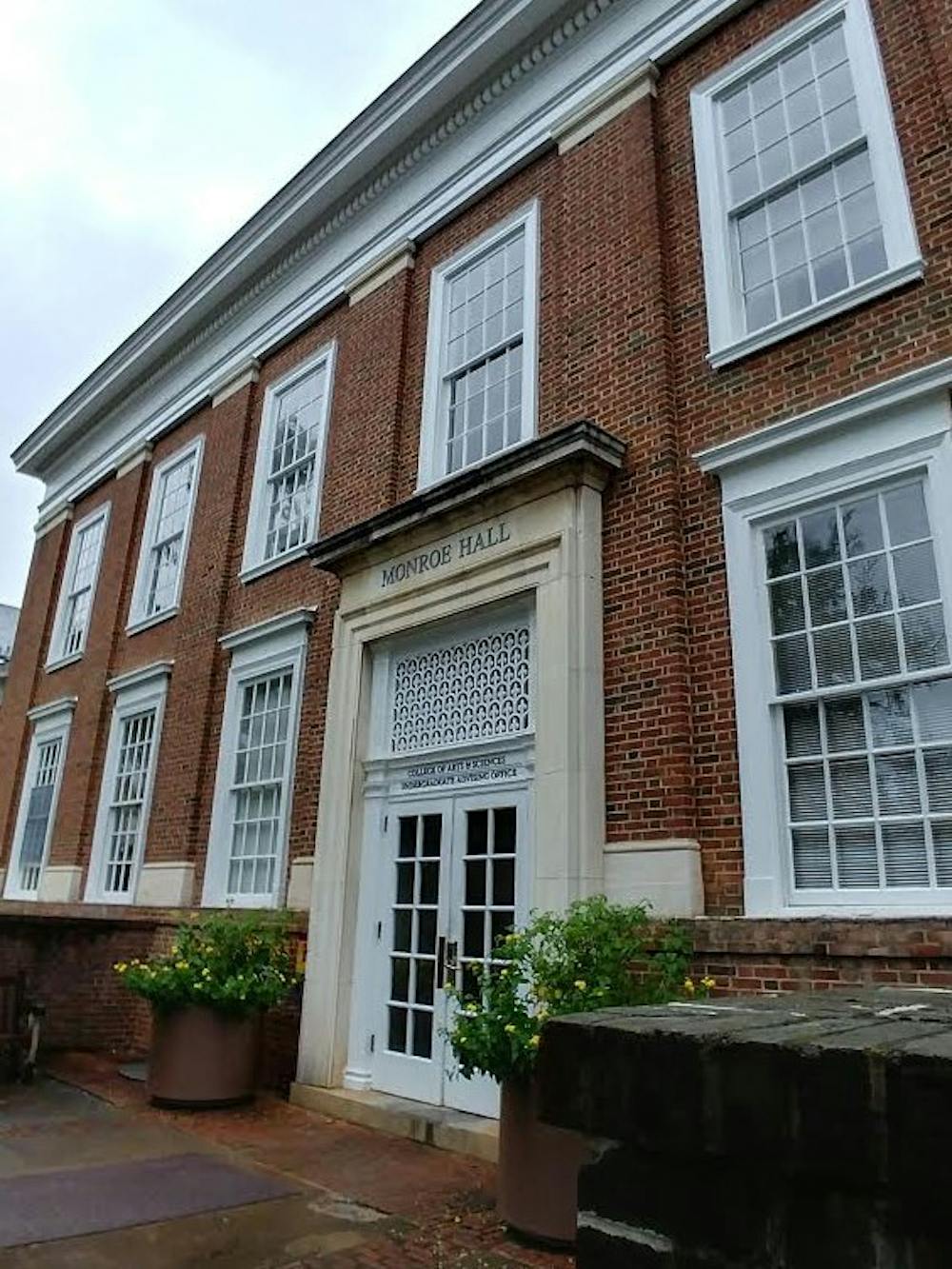The American Studies program is set to officially announce its new Latinx Studies minor at an upcoming celebration Oct. 30. After its proposal, the minor was passed through the Committee on Educational Policy and the Curriculum last Spring.
The Latinx Studies minor, which was accelerated by the arrival of College Dean Ian Baucom in 2014, is not the University’s first.
“About five years ago, there had been a Latina/o Studies minor, but it went away after the College lost an essential faculty member who specialized in this area,” Director of American Studies and English Prof. Anna Brickhouse said in an email to The Cavalier Daily. “He had put together that iteration of the minor, a terrific one, but after he left there were not enough faculty to sustain the core courses.”
In order to obtain a minor in Latinx Studies, students are required to complete six courses for a summation of 18 total credit hours.
“The overall idea is that students take at least two core courses primarily in Latinx Studies, one course in an adjacent field (e.g. Asian Pacific American Studies, African American Studies, Native American Studies) to add a comparative dimension, and then several elective courses,” Brickhouse said.
Carmen Lamas, an assistant professor of English and the American Studies, will be serving as one of the faculty advisors for the Latinx Studies minor.
“I’m very excited because it’s something that U.Va. needed, and it really adds to the intellectual mission of the University by including courses that speak specifically to the Latinx communities here in the U.S.,” Lamas said. “What’s really cool about the minor, and what I think is really important about it is that … We show the ties with the U.S. and Latin America, so it’s a very integrated approach.”
Lamas said students who take courses within the minor will read literature that speaks to Latin American culture, but is written in the context of the United States.
“It brings together history, cultural manifestations, literary studies,” Lamas said. “It’s really good for students to just see these interactions.”
Lamas said many students have already expressed interest in the minor, but “one of the concerns was language.” Lamas wants students to know that they do not need to understand the Spanish language to declare a minor in Latinx Studies.
While the Latinx Studies minor is not new to the University, Lamas expressed her gratitude to Baucom for being “instrumental in working with the College to hire scholars that teach the Latinx experience.”
“For Latino students, and also the many students who are interested in the Latinx experience, it provides something that has been missing since that minor was not continued,” Lamas said. “It is a part of American history and, as you know, it is very important to us at present not just because of DACA and not just because of the continued reference to the wall but because of the ... Latino community that is in the United States.”
The new Latinx Studies minor has also been supported by members of the Latinx Student Alliance. LSA President Raquel Talbott, a fourth-year College student, said the minor is “a great achievement for our community.”
“Since we make up six percent of the U.Va. community, this is just a great way for us to spread more awareness of who we are, as well as contributions,” Talbott said. “I think it’s a great step for the U.Va. academics to be more inclusive to different identities and just to know kind of more the history of a group that has been largely marginalized and pushed to the periphery.”
Talbott is confident that the new minor will change the way students view Latinx Studies at the University.
“It definitely legitimizes the study, it definitely gives it some prestige,” Talbott said. “I think on Grounds, people will want to learn about it, not just people in the Latinx community, but hopefully, people who don’t identify as Latinx will want to learn more about it and just learn the history and the literature and the culture.”
“We are really, really happy,” Talbott added. “And me as a fourth-year, I’m so sad that I didn’t have the opportunity to take it my first year.”






